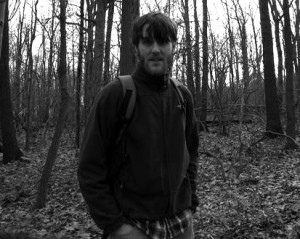
Self-Publishing Review: How did you come to self-publish? I mention in the review that it would be hard for Broken Bulbs to get published based on its length alone. Did you consider submitting to chapbook publishers?
Eddie Wright: Self-publishing seemed to be the only real option for me because of the length and unorthodox style of Broken Bulbs. Since half of the book is structured as a screenplay I had to spend a lot of time formatting properly and I wanted complete creative control over the final product. It was simply impossible for me to adhere to strict submission guidelines so doing it alone was all I could do. I had a plan from the moment I began writing to create a book that was extra portable and extra readable, so I needed it to be small and fast and furious and fun. I really wanted and always want the book to be re-readable. I made no attempt to publish with any publishers until after the book was finished and finalized and printed. As of right now, it’s been either rejected or ignored by all.
SPR: You’ve pulled it off because that’s what comes across in the book: fun and kind of urgent. What sort of places have you submitted the book?
EW: Thanks very much. I’ve submitted to some small publishers and ones that specialize in “weird and whacky.” I just sort of did it on a whim and didn’t really expect any results. It was all kind of an afterthought. But I find the submission process very limiting and disheartening. It’s so bureaucratic. It’s an immediate compromise if you want to submit the “correct” way, especially if “correct” is not what you’ve written. So I didn’t have high hopes. I’m always open and always willing to work with someone as long as all the parts fit. But we’ll see. I just don’t know if “correct” is ever possible.
SPR: How’s the experience been with self-publishing. Met your expectations? Better, worse?
EW: So far it’s both very rewarding and very tough. Every tiny victory makes me feel like Stephen King but sometimes I wish I had someone to do the legwork. Chasing down reviews and readers is hard work but when I do get through it really feels fantastic knowing that I’m fully responsible for everything. Any teeny step forward feels like a flashing sign that tells me to keep pushing. It’s still very new to me and I’m learning as I go. It’s hard to say if it’s better or worse than I expected because this is all I know. Every experience is new, so that in itself is a reward. I just want the book in front of eyes. When I know someone has experienced it, I know I did something right.
SPR: What are the major routes you’re pursuing to market the book?
EW: I really just push the book in front of as many faces as possible. E-book downloads have been great. I offer them for free and they’ve been really beneficial. I beg for reviews from any reviewer with a pulse. Some shun self-published stuff and some are open to anything so I just try them all. Goodreads is a great service where I connect with other authors and book lovers, this is where free downloads come in handy, people will download and give it a whirl. There’s no work for them to do, it’s there immediately and they can read it, risk-free. The book will also be available through Amazon and other online retailers soon. I send out stickers with every book and I’m working on other little fun things like bookmarks and stuff. I use Facebook, Myspace, Redroom and keep a blog at, eddiewright.wordpress.com. I just try to be “out there.” I plan to set up readings and signings and tours whenever I figure that stuff out. As I said earlier, I’m learning as I go. It’s all new. It’s all experimentation. I think of this book as a demo tape. I just want it in people’s hands or on people’s screens. How it gets there might be an accident. I just want to make sure the accidents can happen.
SPR: Cool, that sounds like a self-publisher’s manifesto. The book is part screenplay. Are you a screenwriter as well?
EW: The story started as a screenplay. The idea of a character who is addicted to inspiration had been the starting point, I thought that was a pretty cool concept and I just took from there. I love film and have always been drawn to screenwriting so I started writing a script but I felt like the format was too limiting for the story I needed to tell so I switched to prose. For me, screenwriting was just too cut and dry for a story that’s so much about feeling. I wanted the writing to reflect Frank’s psyche. I wanted it to feel fractured and busted and damaged. Unless I directed the film or at least was very involved in the process that feeling wouldn’t get through. And the writing is so far removed from the actual production so I just felt like it was pretty hopeless to get my real intentions across. The actual screenplay portions of the book weren’t added til pretty late in the writing but I think they really brought it all together. For me, the book ended up not really being about any specific addiction, it’s about being addicted to feeling something, which I think is pretty universal, especially when it comes to creativity. There’s definitely a lot of me in Broken Bulbs, but hopefully, there’s a lot of anyone in there too.
SPR: I’ve seen Philip K. Dick mentioned more than once in relation the book. Is he a major influence? I mention Noah Cicero in my review. Are you familiar with his writing?
EW: Philip K. Dick is a huge influence, particularly, “A Scanner Darkly.” I was thrilled to have his name mentioned anywhere near my book. I like when sci-fi is the safest genre to place something because it just doesn’t fit anywhere else. Most of his stories were genreless and that’s something that appeals to me as well. I’m not familiar with Noah Cicero, but I plan to check him out.
SPR: What’d you think of the “Scanner Darkly” movie? Did you have screenwriting influences for the initial inception of Broken Bulbs?
EW: I thought the movie was a pretty dead-on adaptation. I would’ve preferred if it were straight-up live action but I could see what Linklater was going for. He pretty much nailed it though. Especially with the casting of Robert Downey Jr., he’s just amazing. David Lynch has influenced all my writing, I just love his stuff. So has Charlie Kaufman and David Cronenberg. Tarantino’s dialogue has always been some of the best to me as well. I also really really love Jesus’ Son, both the book and the movie, I actually like the movie more though.
SPR: Me, I didn’t like the adaptation of Jesus’ Son. The character was painted as hapless – I just don’t think the movie had the depth or poetry of the book. (Had to interject that – the movie kind of irked me.) But Broken Bulbs definitely has similarities with Jesus’ Son – aside from them both being small, black books. What’s next for you? Are you working on another novel? Are you interested in writing longer-form stuff or do you like shorter works?
EW: I’m currently writing something else. I’m absolutely interested in writing something longer if the story needs more time. Broken Bulbs was just kind of over. It came to a natural end for me. If the next one needs more time, it’ll be longer. Based on the ideas that I have and the way it’s headed, it will be. Longer for me is not epic by any means. I like shorter, faster stuff. It’s what I like to read and it’s what I like to write for now. I like it to go down easy but I like there to be many layers. I like there to be plenty to think over. I just hope to grow and to stay fresh and to experiment further. I definitely have more ambition for the next book.
SPR: Do you think you’re going to go the traditional route and try to find an agent or do you like what you’ve gotten out of self-publishing?
EW: At this point it’s much too early to say I would never want an agent since I’ve never had one. If having an agent and working with a traditional publisher means I could write the stories I want to write and maintain financial security and live the way I want to live then yes, I would love to find one. But if I can’t find one or if finding one means compromising my stories and ideas, then self-publishing is always here. I see hope in self-publishing and don’t see it as a last resort. I want to write. I want to write books that make sense to me and inspire me and I want to entertain people. I will write no matter what. That’s the beauty of self-publishing, it’s always available. There are no excuses. If you want to be a writer, write and you’re a writer. There are always ways to get stuff out there.
SPR: I can’t think of a better way to end this interview. Thanks, Eddie.
Get an Editorial Review | Get Amazon Sales & Reviews | Get Edited | Get Beta Readers | Enter the SPR Book Awards | Other Marketing Services


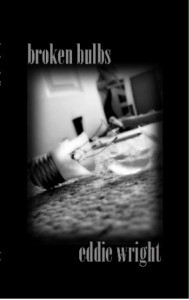
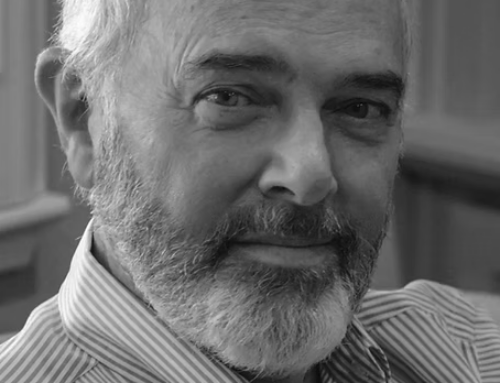









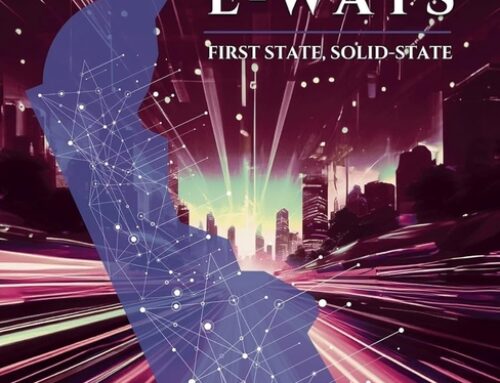




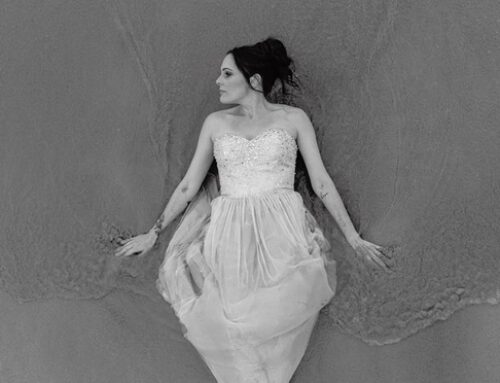
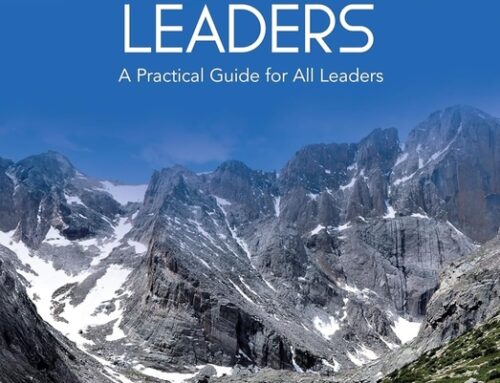
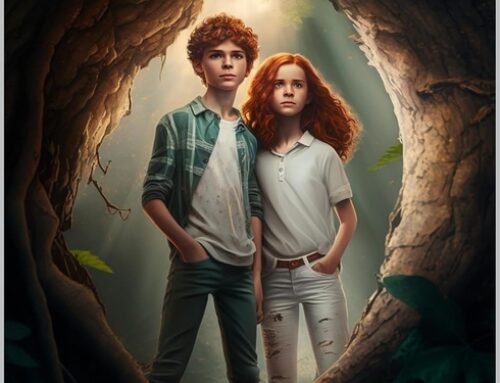

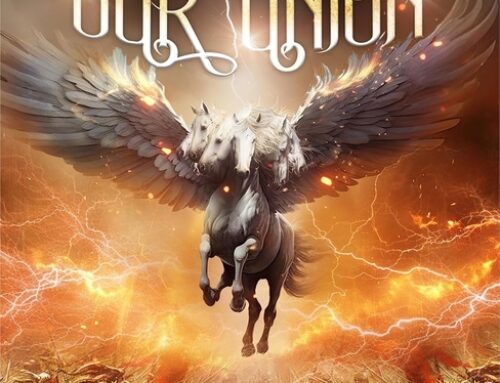
My compliments to Eddie & his interview on their smart & sensitive work.